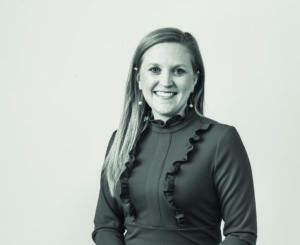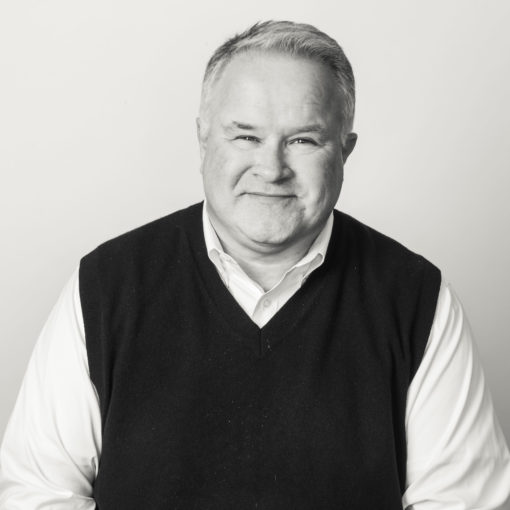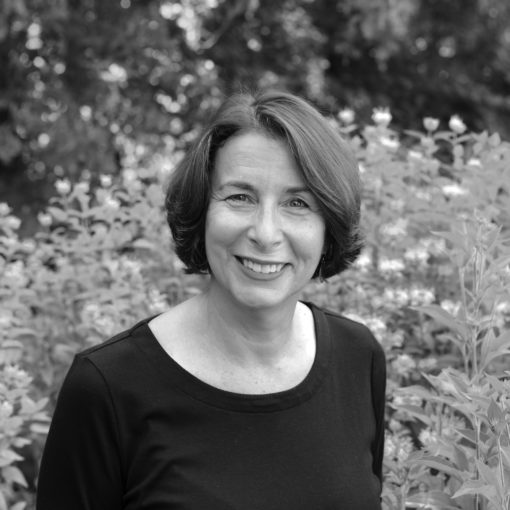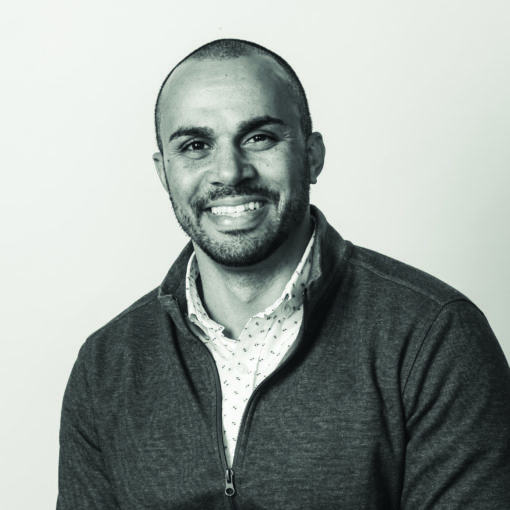Angie Dethlefs-Trettin | Chief Charitable Giving Officer, Community Foundation of Greater Des Moines
The Idea: Use the 4 Equity Tool when presented with a decision-making moment to ensure diverse perspectives are represented in all initiatives and efforts.
In Greater Des Moines we are proud of our growth, achievements and the accolades that have been deservedly earned. But for some of our neighbors, the story of success and progress does not ring true. While we enjoy record low unemployment rates, unemployment for African-Americans in our state is 14.8 percent, according to the federal Bureau of Labor Statistics.
A 2017 report titled “One Economy: The State of Black Polk County” highlights that the median income for African-American households in Polk County was less than half of the county as a whole in 2014: $26,725, compared with $59,844. Our region can do better. Our community must do better.
Over the past few years our regional vision plan, Capital Crossroads, has placed high importance on the role that social capital plays across all disciplines. Through many conversations, focus groups and listening sessions, we have stepped forward and acknowledged that diversity, equity and inclusion are the focus of our work.
These are big topics to tackle and tough conversations to have, but we must make them a priority. Creating a community that values and prioritizes diversity, equity and inclusion must be the next challenge we champion, together.
Bias is often hidden and unintentional. It is easy to get caught up in the processes and practices of how we have always done things. But such practices can often leave out important voices in our community. Leadership as usual will not open our eyes to challenges or unintended consequences that minorities face as barriers right here in the city we love.
The Social Capital of Capital Crossroads wants community leaders to join us in practicing what we want our region to be, a place that stands for equity.
To take a first step in this work, we are focusing on racial equity and created the 4 Equity Tool to guide leaders at all levels when presented with a decision-making moment to ensure all are represented.
The 4 Equity Tool asks:
- Have a variety of ethnic communities/people of color been informed, meaningfully involved and authentically represented in the process/decision?
- Is there a group that benefits more than another because of this process/decision?
- What could be one unintended consequence of this process/decision for ethnic communities/communities of color?
- What action will be implemented to advance equity in this process/decision-making?
This is a simple first step, but it is already creating meaningful conversation and change in our community. At a recent meeting with the Natural Capital of Capital Crossroads, leaders used the 4 Equity Tool to bring together our neighbors from diverse populations as an opportunity to ask them about the recreational opportunities that are missing in our community.
The discussion was robust and eye-opening. Our neighbors, many in the urban core of Des Moines, lost a critical part of their community when the fishing derby was discontinued. After hearing this, leaders were able to connect with a local retailer who is pursuing bringing this iconic event back into the community.
Immigrants from Southern Asia shared the great distances hundreds of members of their community are traveling to play the game of cricket. A connection was made with a local organization to pursue an opportunity to provide a field much closer to home.
These wins seem small when compared to the staggering statistics of divide we face. But inclusive conversations are a place to start. We want to make things right, not fast. We acknowledge our inequities and failings and face them with tremendous hope. We must come together to say that as a community we will no longer tolerate the divide.
Our community is like a table. We have built it together and we must be committed to pulling up extra seats. There is room for everyone. >
+ 1 Daniel Hoffman-Zinnel | Executive Director, One Iowa
One of the things I get frustrated hearing when I am out in the community is, “We just can’t find a skilled person of diversity to sit on our board.” This might be an extreme version of the statement I hear, but you get the picture. There are tokenized community members who sit on all the boards and cannot be the spokesperson for all the identities they represent. While I know many skilled LGBTQ people, people of color, people with disabilities, etc., I wanted to help be part of the solution to build a pipeline for leadership. That is why I created the LGBTQ Leadership Institute at One Iowa. This program is intended to recruit LGBTQ aspiring leaders, especially women, transgender individuals and people of color, and equip them with the leadership skills to serve in leadership positions in our community. Our program has already had success with many of our participants being asked or already joining boards and commissions in their community. This pipeline will hopefully lead to more diverse representation sitting at the table making decisions that improve our community. >





